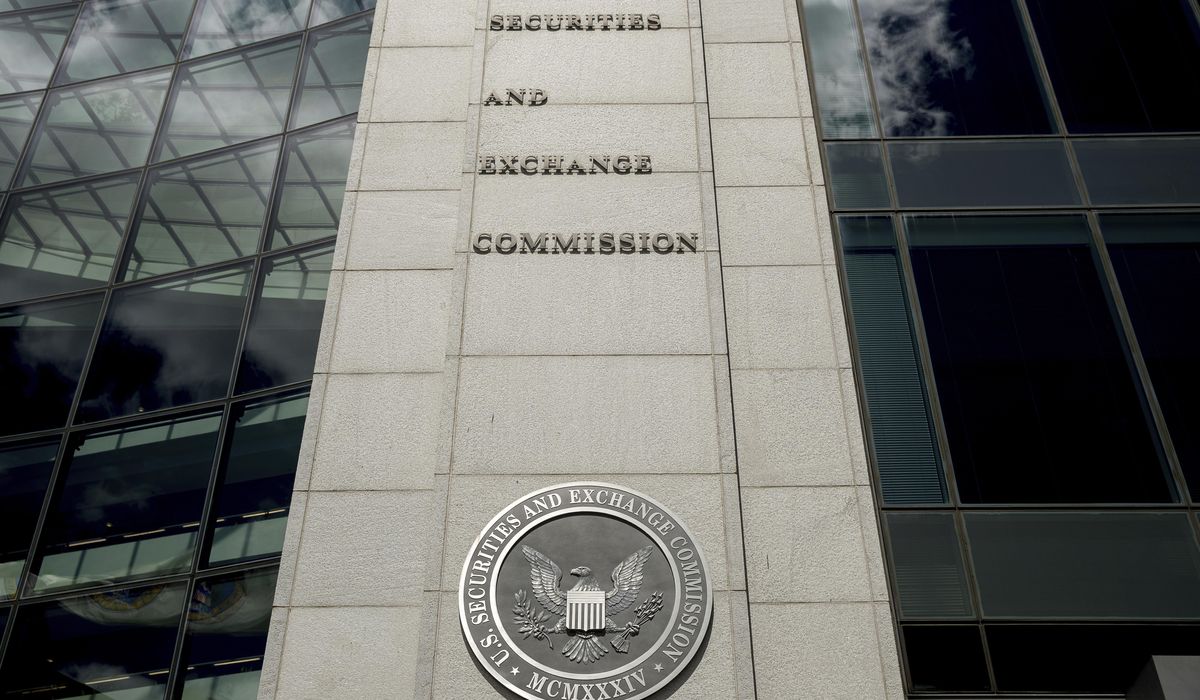9 Years After the Mt. Gox Hack, Feds Indict Alleged Culprits
Apple’s Worldwide Developer’s Conference this week included an array of announcements about operating system releases and, of course, the company’s anticipated mixed-reality headset, Vision Pro. Apple also announced that it is expanding on-device nudity detection for children’s accounts as part of its efforts to combat the creation and distribution of child sexual abuse material. The company also debuted more flexible nudity detection for adults.
Internal documents obtained by WIRED revealed new details this week about how the imageboard platform 4chan does, and does not, moderate content—resulting in a violent and bigoted morass. Researchers like a group at the University of Texas, Austin, are increasingly developing support resources and clinics that institutions like local governments and small businesses can lean on for critical cybersecurity advice and assistance. Meanwhile, cybercriminals are expanding their use of artificial intelligence tools to generate content for scams, but defenders are also incorporating AI into their detection strategies.
New insight from North Korean defectors illustrates the fraught digital landscape within the reclusive nation. Surveillance, censorship, and monitoring are rampant for North Koreans who can get online, and millions of others have no digital access. And research released this week from the internet infrastructure company Cloudflare sheds light on the digital threats facing participants in the company’s Project Galileo program, which provides free protections to civil society and human rights organizations around the world.
And there’s more. Each week we round up the security stories we didn’t cover in depth ourselves. Click on the headlines to read the full stories. And stay safe out there.
The US Department of Justice on Friday indicted two Russian men, Alexey Bilyuchenko and Aleksandr Verner, for the 650,000-bitcoin hack of Mt. Gox. The two appear to have been charged in absentia while evading arrest in Russia—unlike one of their alleged accomplices, Alexander Vinnik, who was previously convicted in 2020.
Bilyuchenko and Verner are accused of breaching Mt. Gox in 2011, in the earliest days of that original bitcoin exchange’s…



